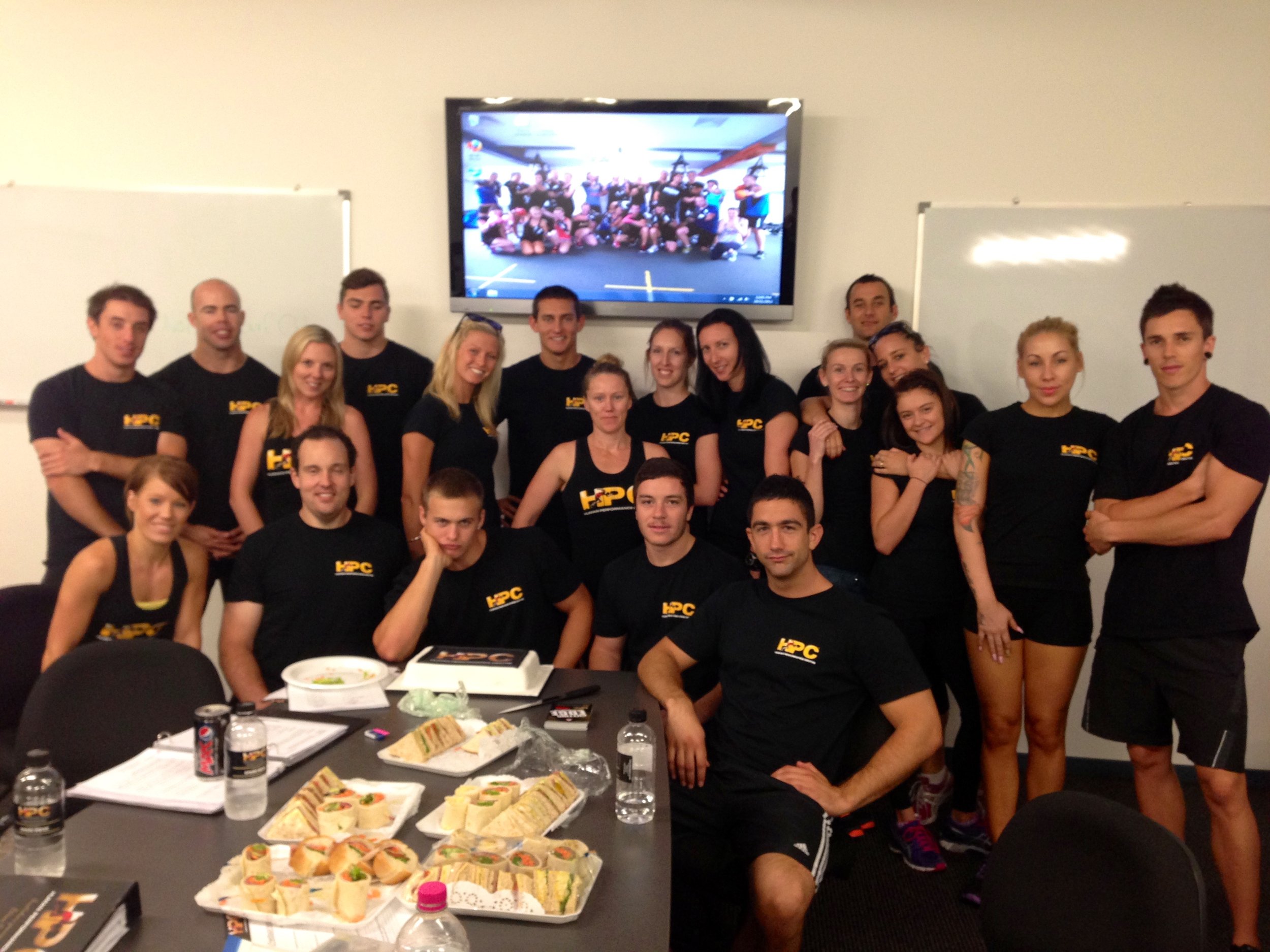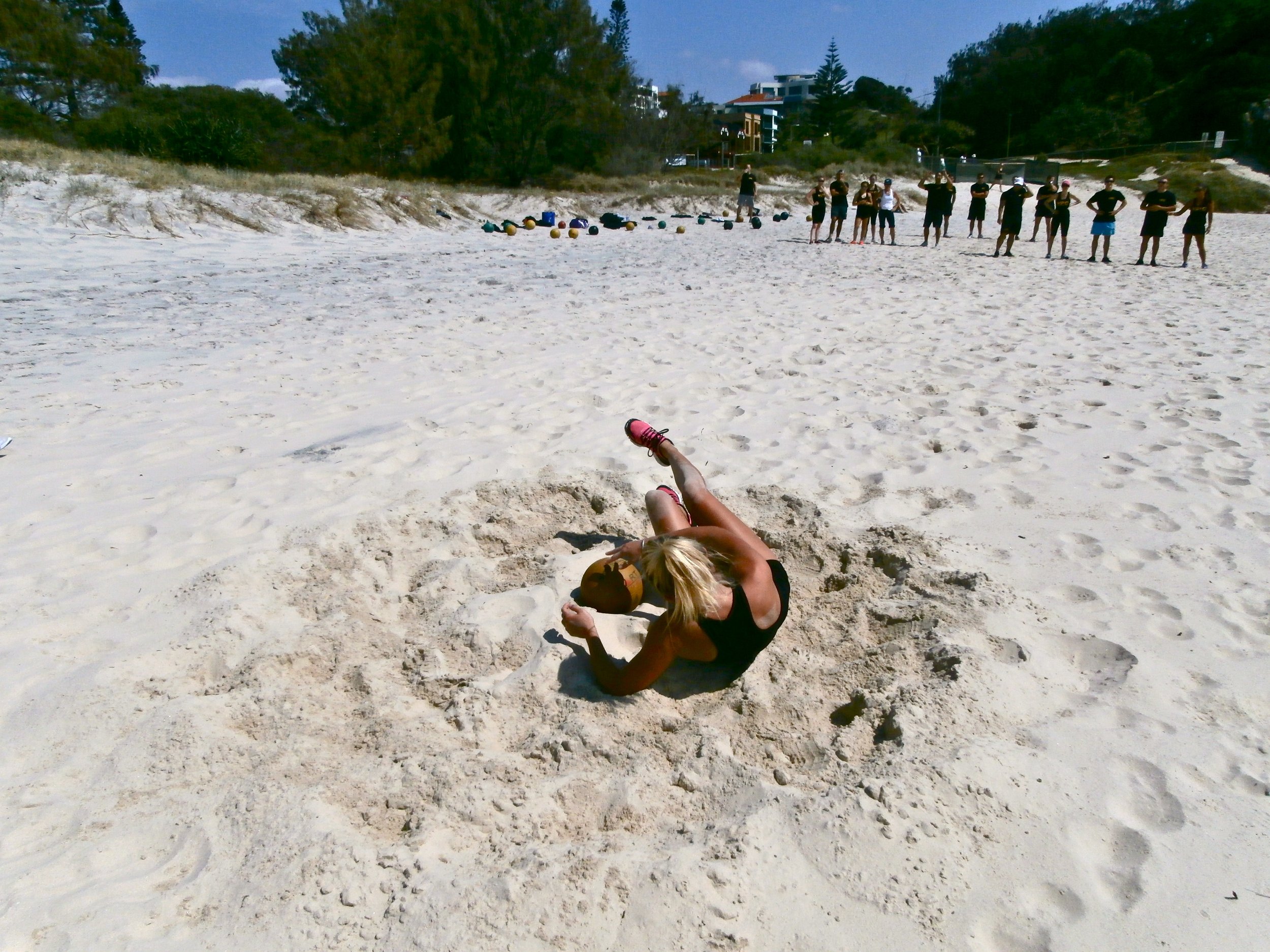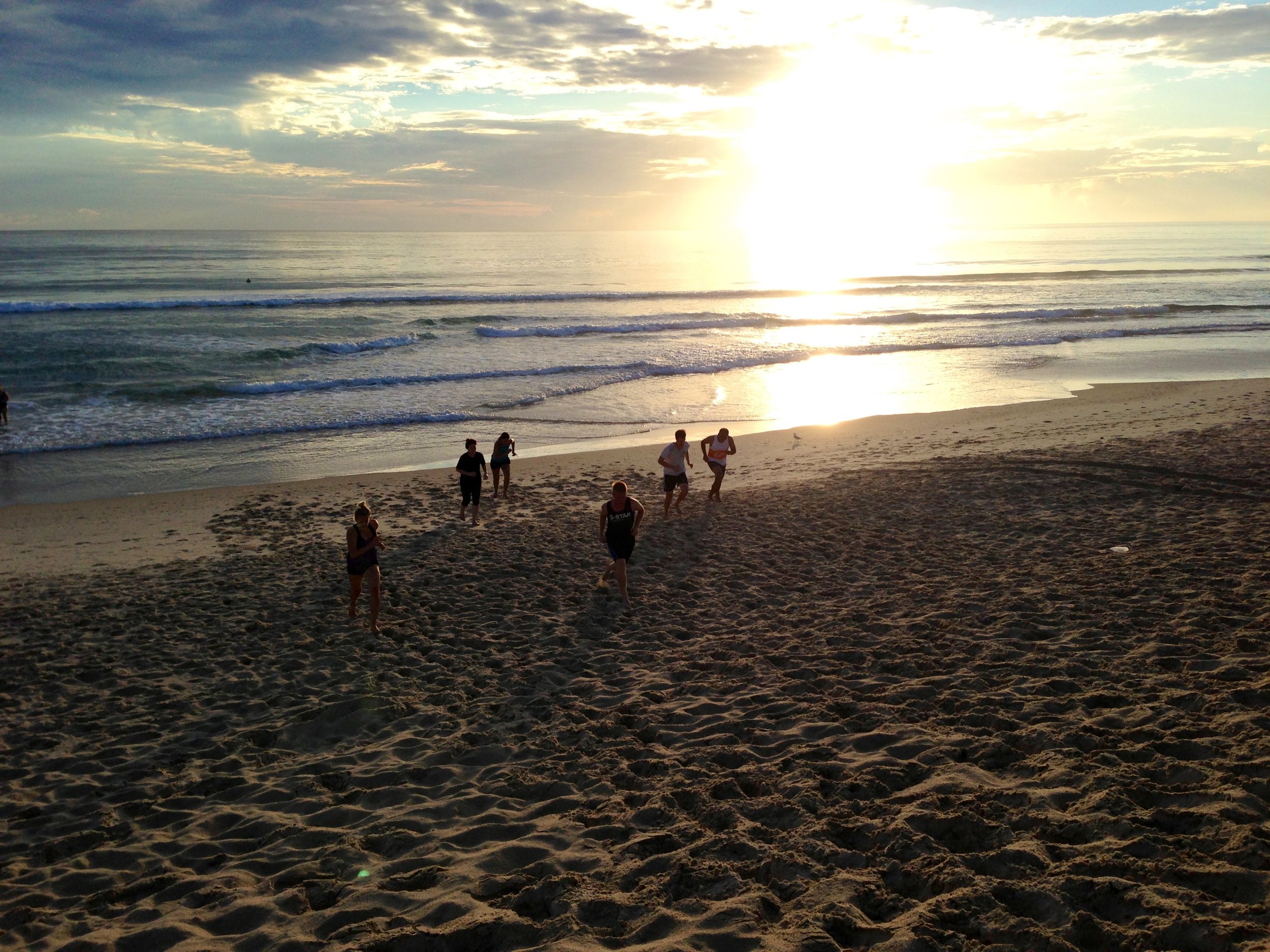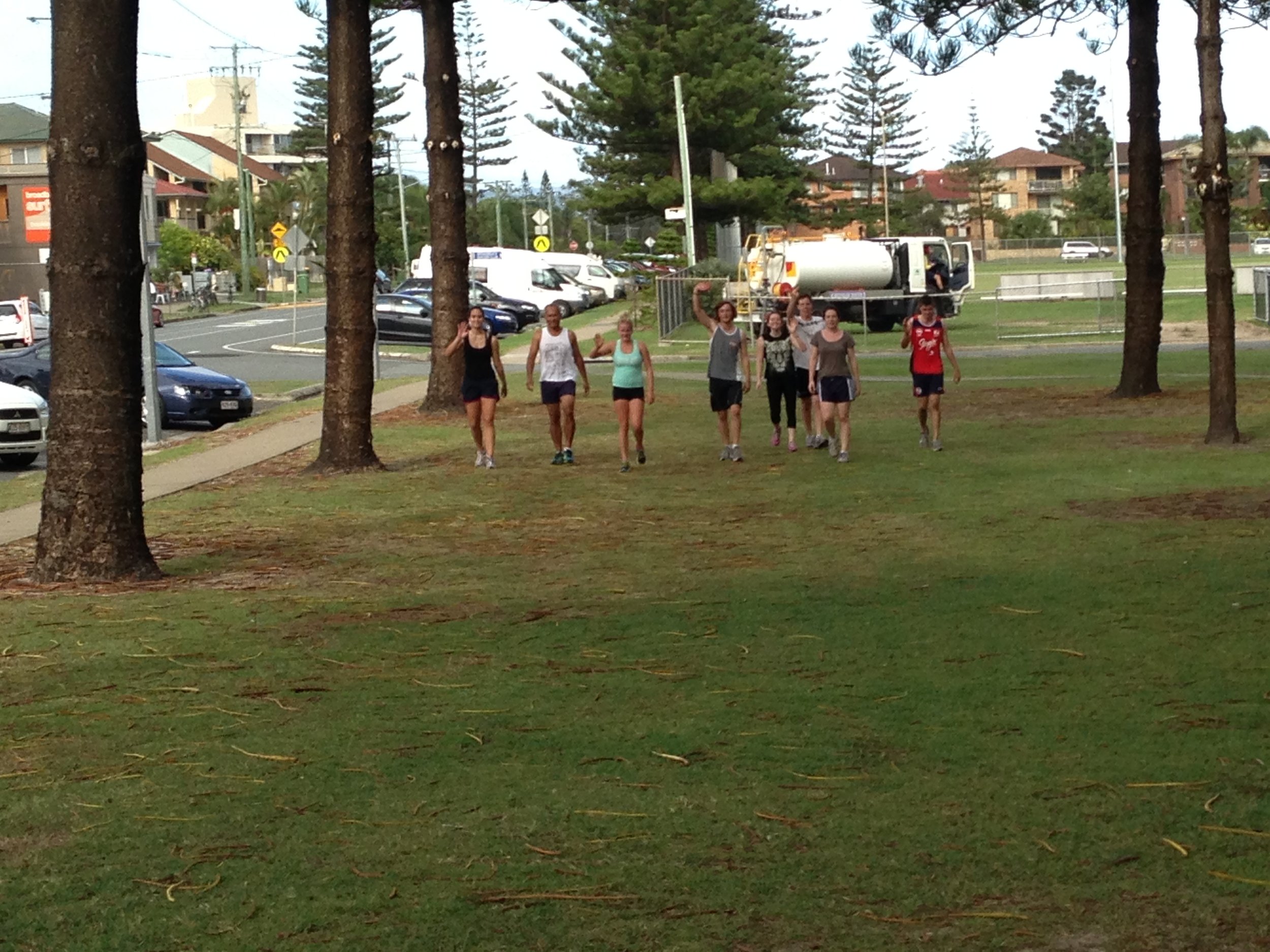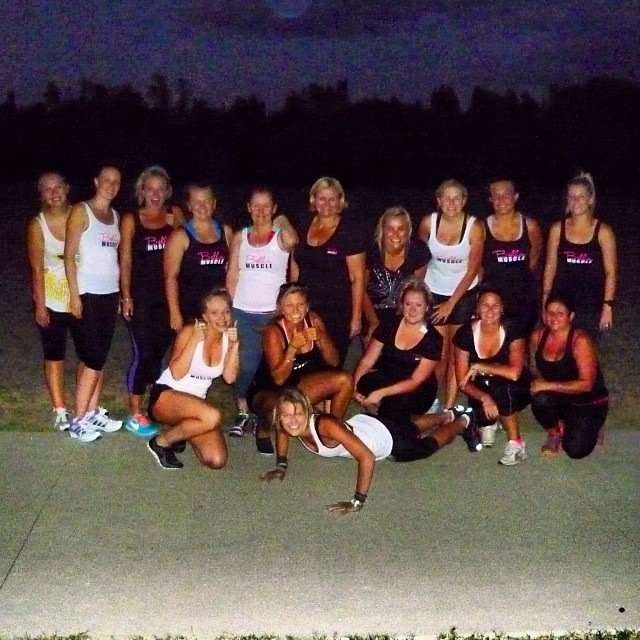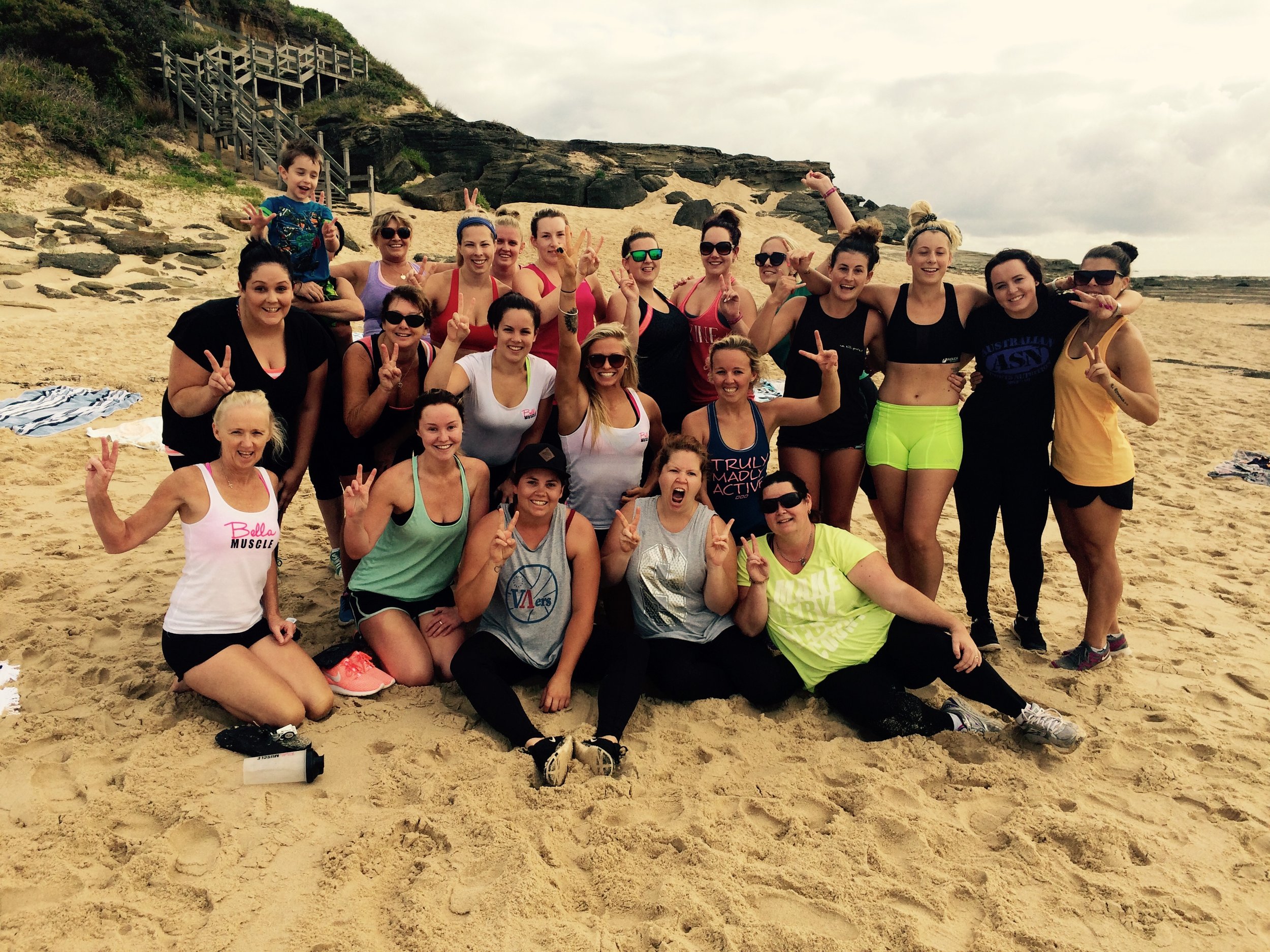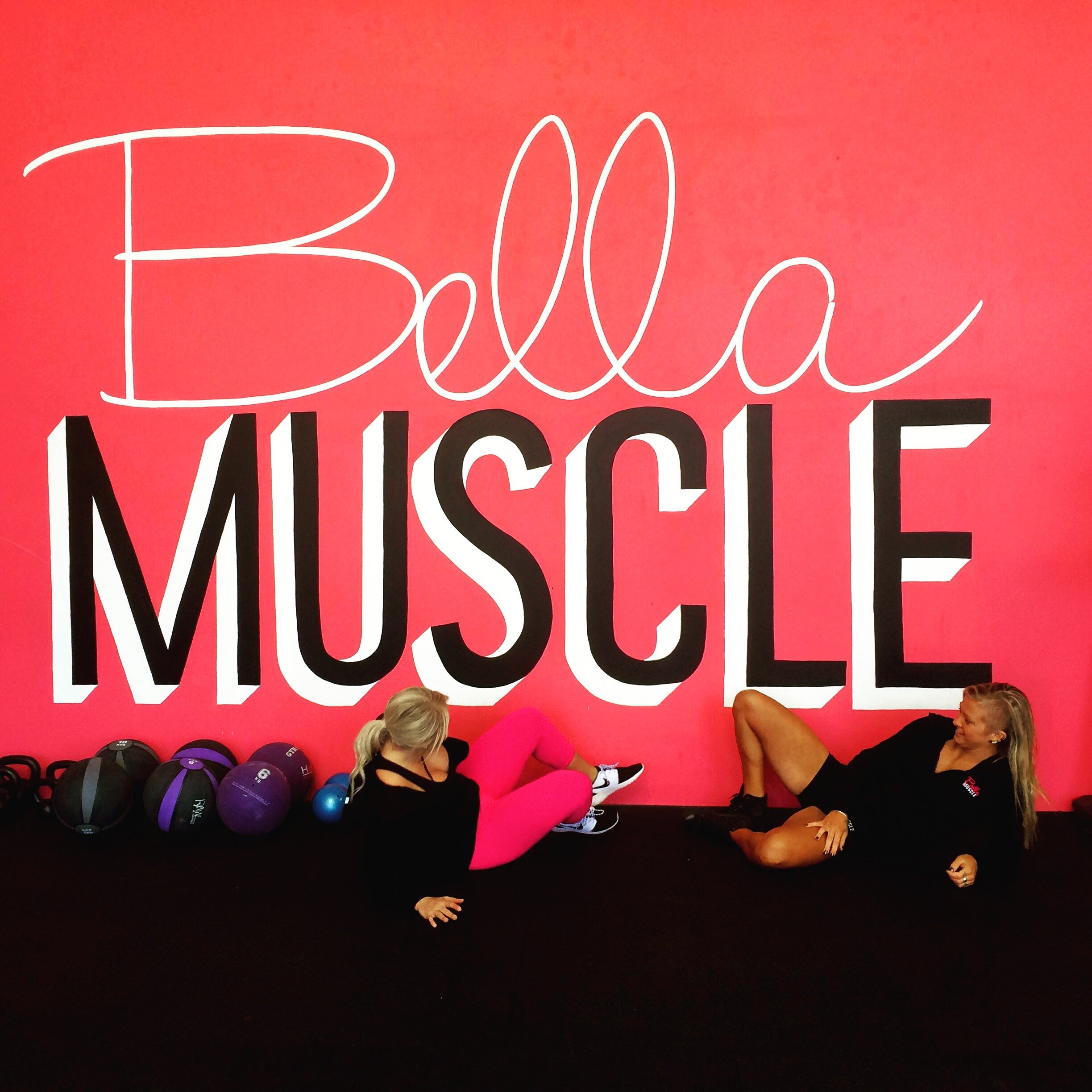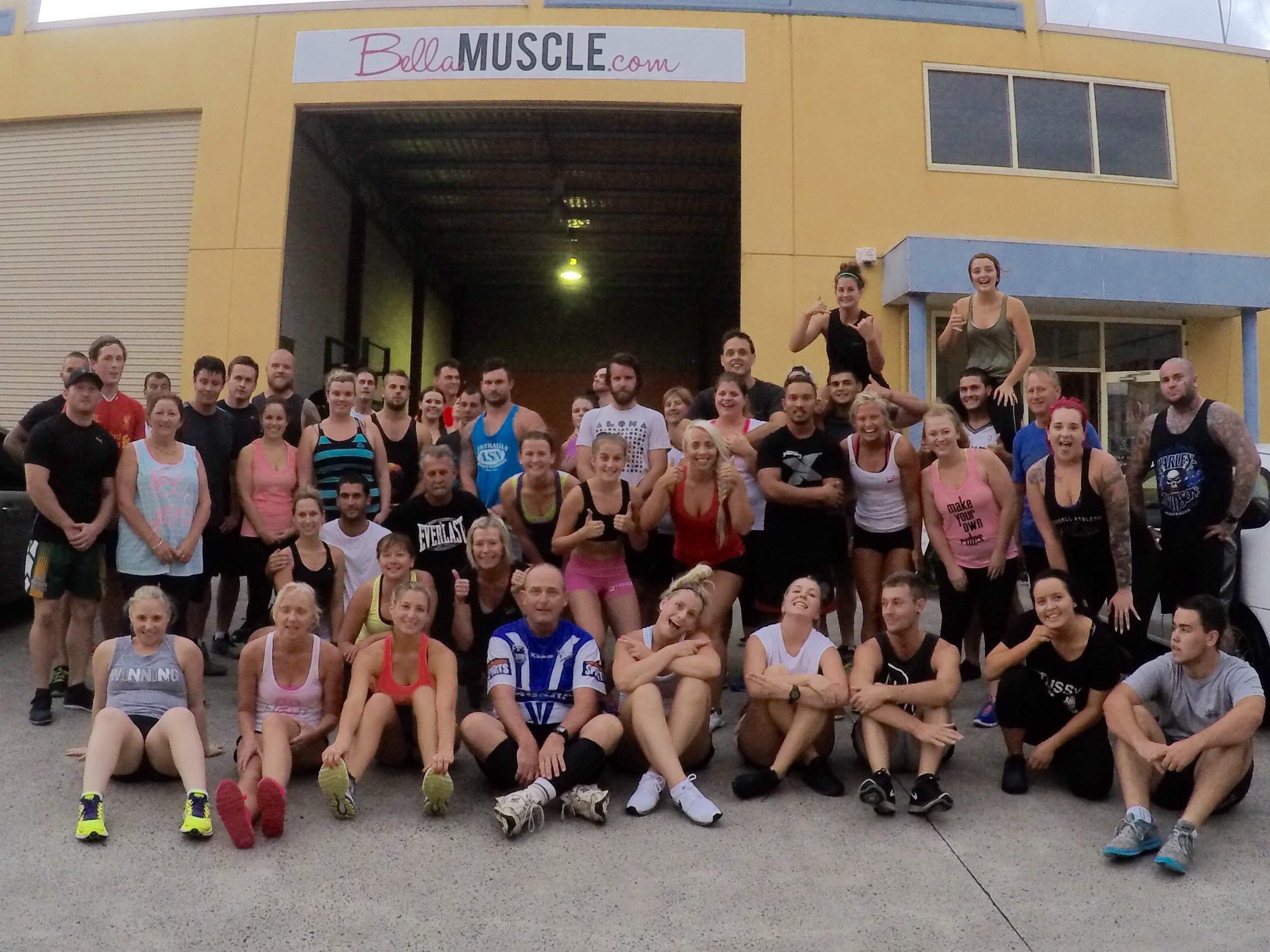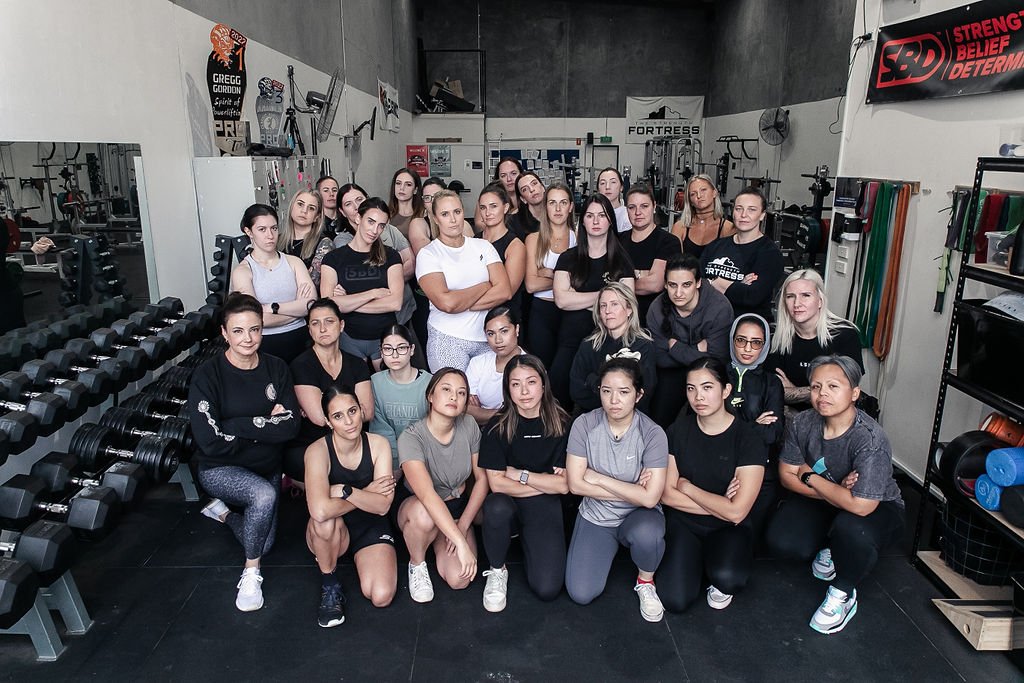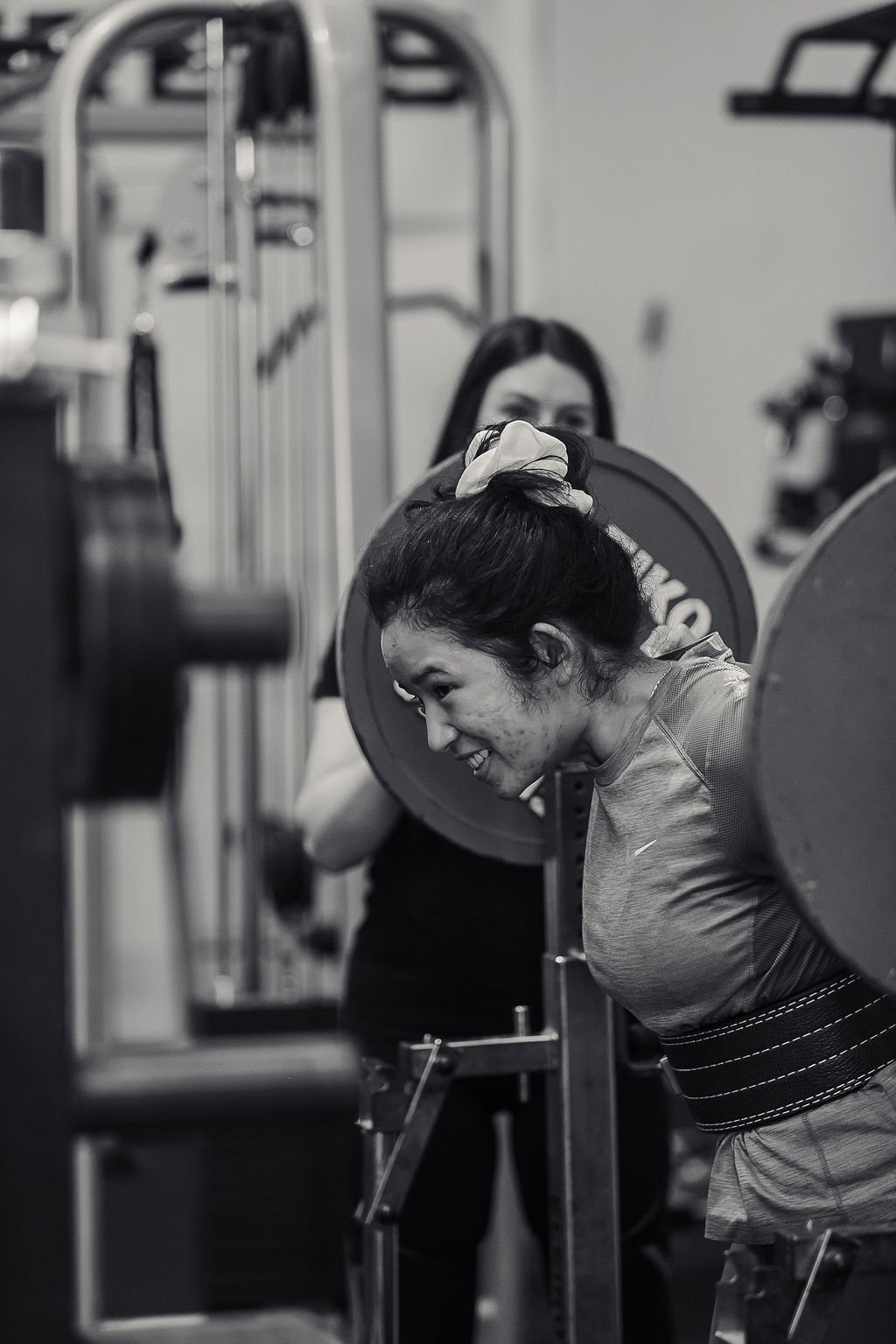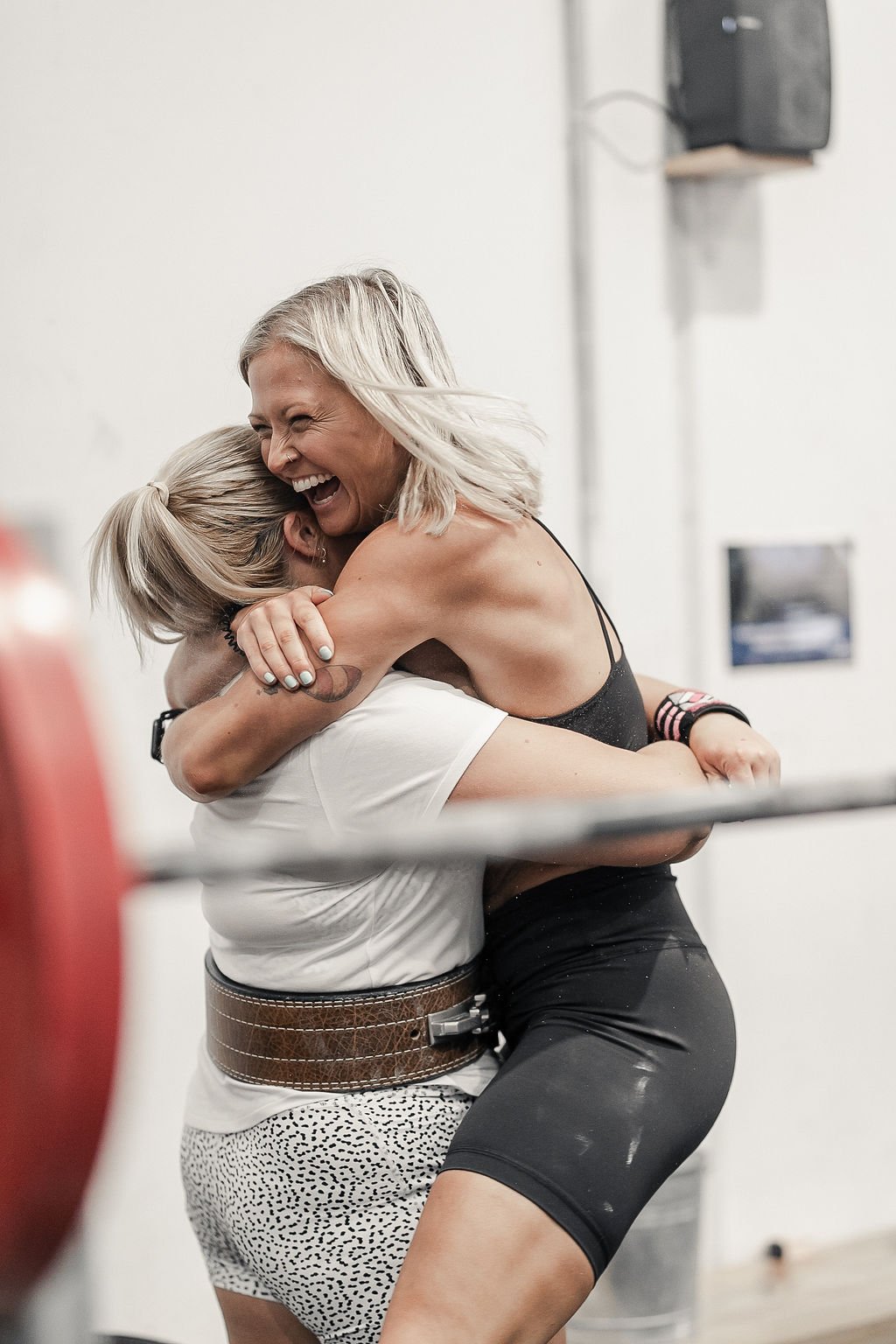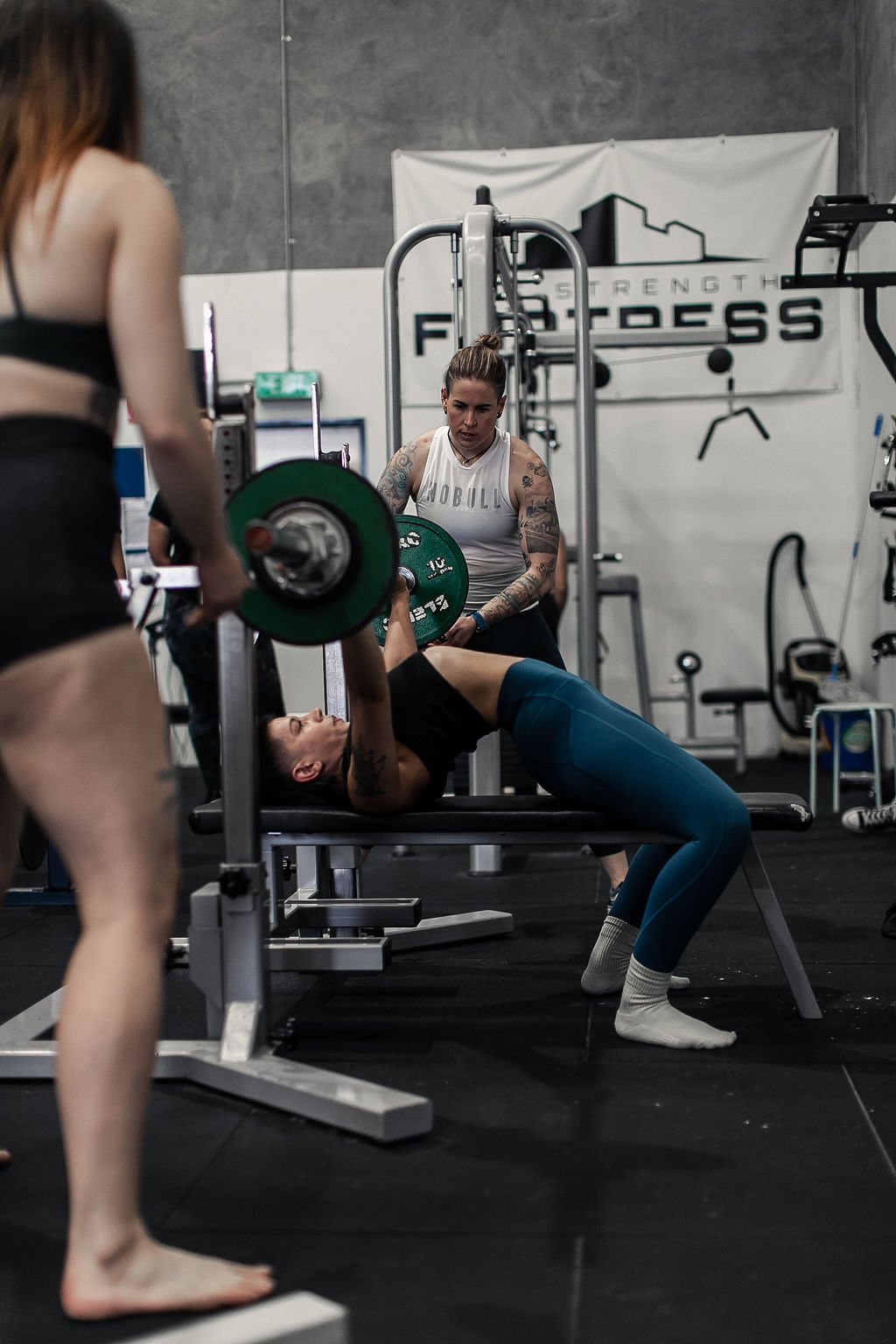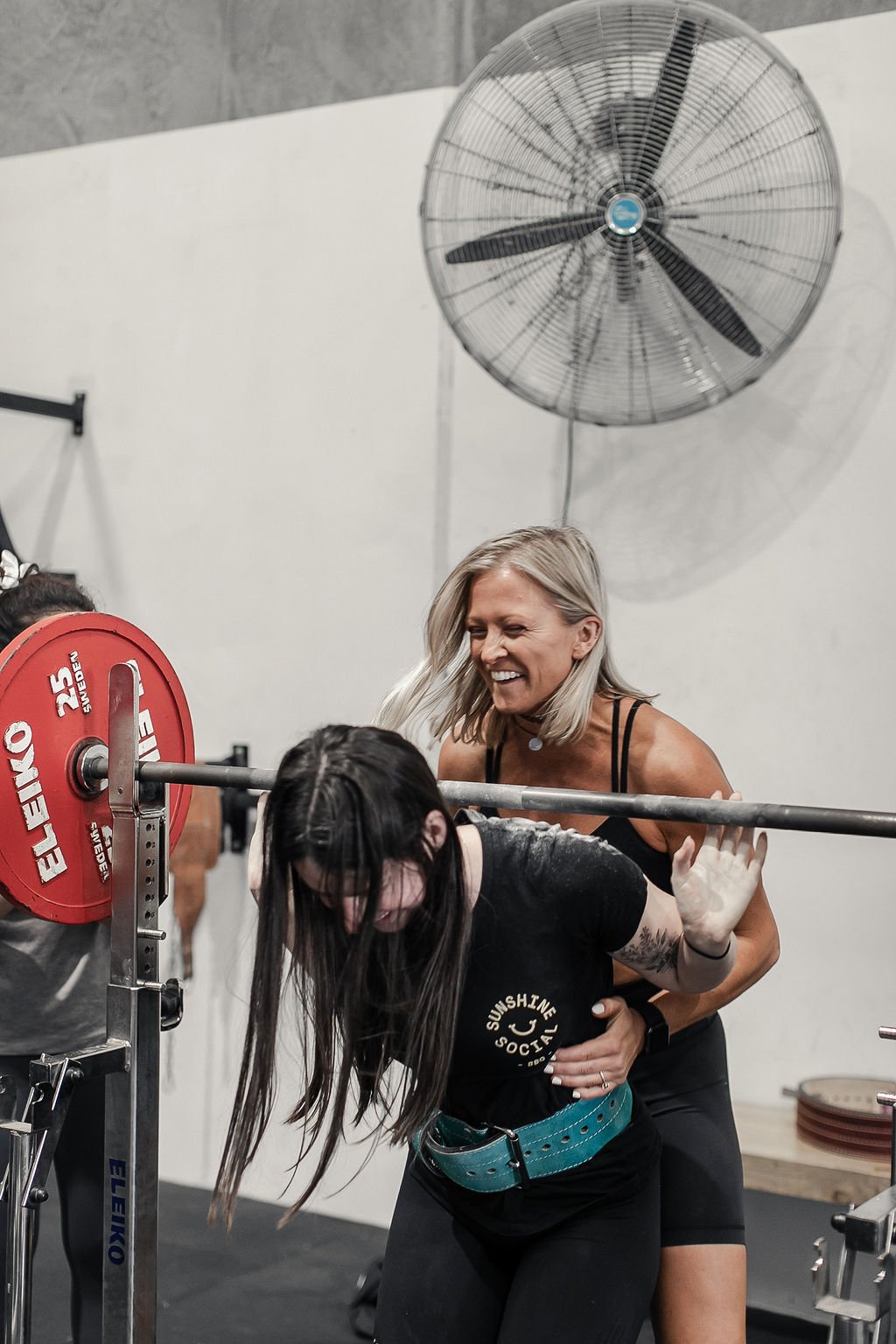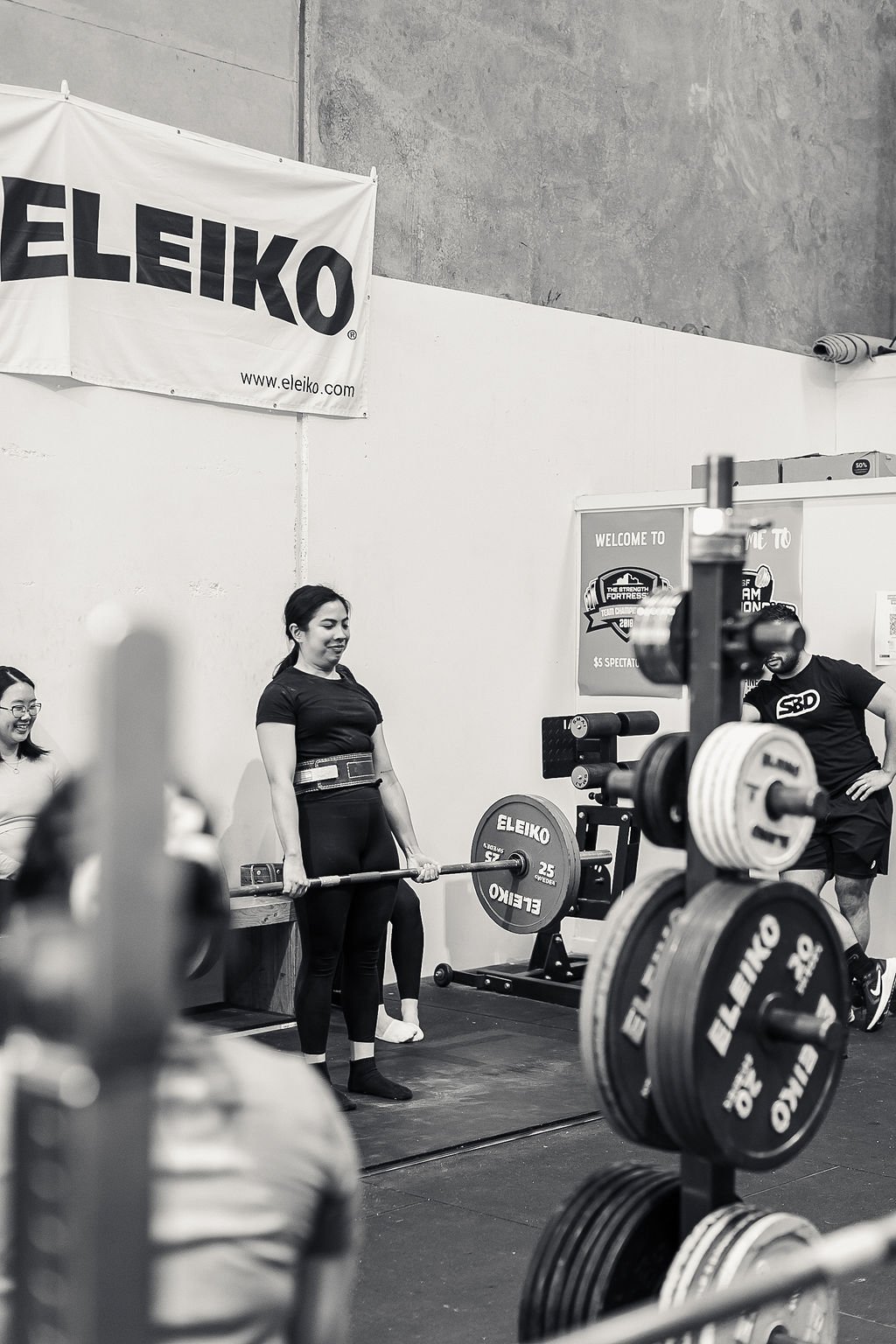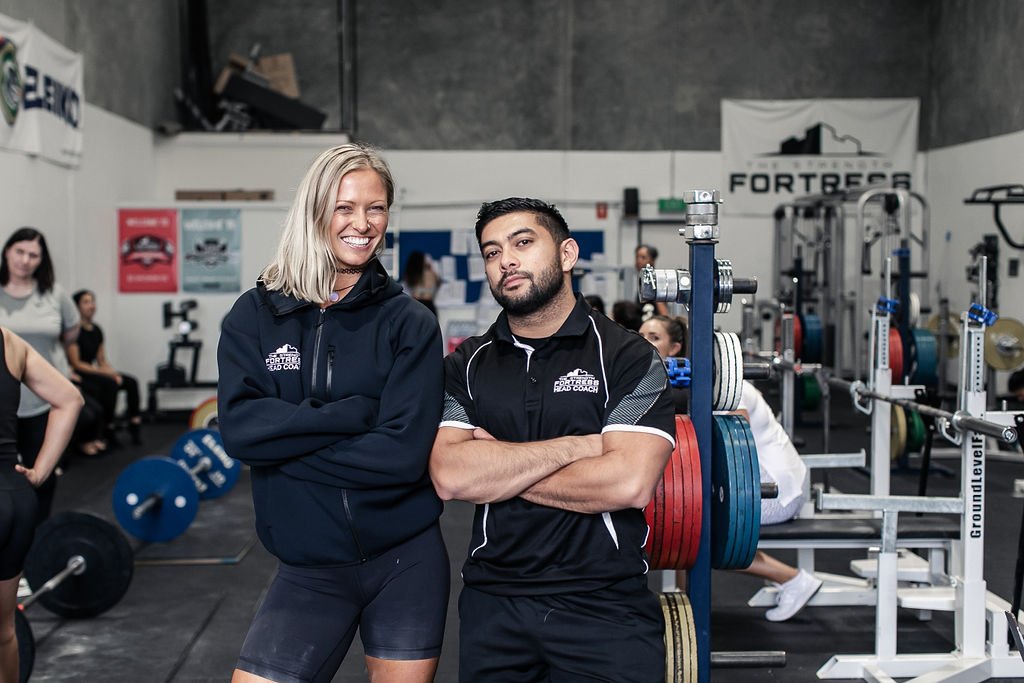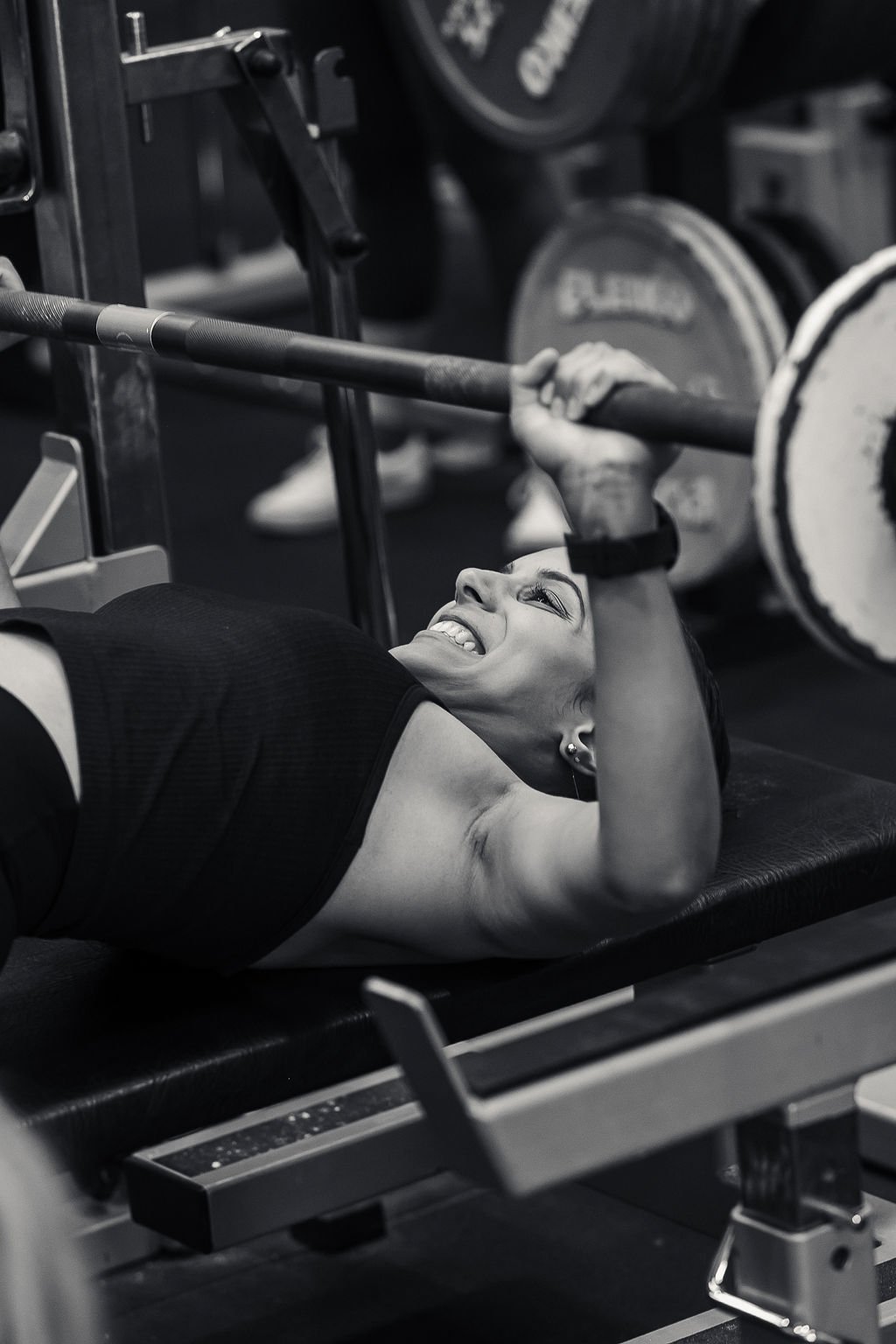What I’ve Learned and How I’ve Grown in 10 Years in the Fitness Industry
I completed my fitness certs in 2012. That’s 10 years ago. I remember back then reading Fitness First personal trainer bios: “10 years industry experience” and thinking “man this guy is a veteran.” lol.
My career has evolved a lot in that time. As I’ve chased curiosities and interests; my work has reflected that. That freedom to explore is ultra meaningful to me and is a cornerstone of why I love my work.
I am ambitious, I’m ballsy and I lean in to risk. My career has reflected that. I also live with the fairies and permanently have one foot off the face of the earth. My career has reflected that too. It’s always been fun, it’s always aligned with who I am and what I’ve found enjoyment in at that point in time.
Before we dive in, here is a short back story on how those 10 years have looked. You can scroll down past the photos if you don’t care for context.
I studied my cert 3+4 at Human Performance Centre on the Gold Coast when I was 19.
As soon as I graduated I started running bootcamps on the beach. Mostly, it was friends that came. They paid $10 cash on arrival.
I moved in to a commercial gym and began offering 1:1 sessions there shortly thereafter. I’m pretty sure at that point everyone was still paying cash. I worked any day any time — whenever someone wanted to train, I wanted to train them. No systems, no boundaries, no reliable income.
Soon, I was offering online coaching (a pretty lousy version of online coaching given my knowledge at the time; but online coaching none-the less). Most of my clients were based on the Central Coast of NSW, which is home for me. Pretty soon, it made more sense to move to where the work was, so after three years on the Gold Coast, I moved back to the Central Coast to start working there.
My childhood best friend and I started running women’s bootcamps. It needs to be stated that bootcamps were a real thing in the industry at this time. Everyone started like that, particularly in places with warmer weather.
At this stage, we actually had some sort of business structure. We had a website, council permits, clear membership offerings, a billing platform and stuff. We could make a living like this.
After 10 weeks of bootcamps, we had rallied a member base of 40. The weather started taking a turn for the worst at that 10 week mark so with little to no money and little to no clue what we were doing we signed a lease for our first gym. I was 20.
We ran the gym for three years. It was wildly successful. An all women’s gym, mix of strength and conditioning style training, all big group stuff. It was a fucking blast calling this work.
I was at the time though still full time at uni, training for international sport, and travelling between Newcastle and Melbourne every other week. It all got the better of me and eventually we closed the gym, I finished uni, gave up competitive sport, moved to Melbourne and got an office job.
For my first few years in Melbourne I worked in local government as the Team Leader of Health and Wellness. Predominantly my role was managing the gym and group fitness components of 2x council leisure centres as well as community-based programs, including the team of 20 who staffed them. It was exactly what I wanted and needed at the time.
Eventually though, the reality that I am not built for an office-based job slapped me in the face and I went back to coaching. Not overly sure of the decision at the time, I got a job in a gym near home, just to dip my toes in again.
Six months in, I quit and went back to self-employment.
I built my business as a sole trader over a period of three years — a combination of small group, one on one and online coaching. All of my face to face service delivery was out of The Strength Fortress and at the same time, I was helping John Paul run The Strength Fortress.
In April this year, John Paul and I went in as business partners at TSF — in many ways a small change; we’ve worked as a partnership for years and our finances are largely blended anyway. But also in many ways a huge change; a massive declaration of trust and certainly with implications for our relationship dynamic, both working and otherwise.
Right now at the time of writing, we are living in Spain for one year. I coach powerlifting online full time and John Paul and I are overseeing TSF from afar while we live out another dream.
Which leads me to why I’m writing this blog now. I’ve learned a lot in my time in fitness and I feel my biggest challenges and lessons are only coming now: I want to have the freedom to travel for more than a few weeks at a time and I want to start a family at some point. My sole trader comfort zone was going to limit my capacity for both of those things. So now once again, I’m running a brick and mortar business and I’m an employer. We’ve made huge changes in the gym and I’m challenging my fears and anxieties daily.
10 years in, I still have a very fulfilling career in a pretty brutal industry, I am still living with the fairies, I am still learning and having fun. I think there’s something in that worth sharing. So here goes — lessons I’ve learned and lessons I’m learning in my 10 years in the fitness industry.
Not everybody makes it and that’s a harsh reality.
I don’t know the stats. But education institutions pump out a huge number of cert 3&4 students every year. Very few of them stay in the industry long term and of those, even fewer make fitness their full-time gig long term. The industry is competitive, a gym membership and especially coaching is very much a luxury spend, and being a good coach does not mean you have the skills to make a career as a good coach. Many will fail. You’re not immune to that.
You can be a great coach but if nobody knows about you, you won’t make a penny.
If you want to make an actual career in fitness that not only pays your bills, allows your to have fun and save for retirement, you’ve gotta be willing to work and push and do all of that with the possibility of failing publicly. When I think about my biggest career fears in a very honest way, it’s very rarely about failing financially. I back myself to always find a way to make money, even if I fail and have to go back to an entry level position somewhere. My real fears are more about putting myself out there and failing in front of my peers. But if you want to make a living in fitness in 2022, you can’t pursue your career in private. You need to be vulnerable, you need to share, you need to tell the world “I am a coach and a damn good one at that and this is my career”. You need to make your business public knowledge and share videos, posts, blogs, offerings and know that whole time, your business could fail at any moment, and everyone would know. There isn’t really a good alternative to that. If no one knows you’re a coach and no one knows your personality, philosophies, systems or your point of difference, good luck getting a pay check.
Your imposter syndrome will never go away. You need to challenge your insecurities daily.
Making yourself known is hard when you’re second guessing everything you think and say. I know this; everyone who shares anything online knows this. Your imposter syndrome will never go away; at no point will you think you know enough, or that you’re skilled enough to be the go-to guy. You don’t need to do one more seminar and then you’ll be confident; not one more mentorship. Up-skill sure, that is valuable. But don’t move through your career thinking “you’ll be ready to market yourself when….” You’ve got to market yourself anyway; from day one. Even if you think you’re an idiot.
Up-skilling is extremely valuable. But the best way to learn how to coach, is to coach.
There are many mentorships, seminars and short courses available, provided by really smart people who’s brains you’d love to pick. These are valuable and you should invest in ongoing learning. But, the best way to learn how to coach, is to coach.
Watch different bodies move, think about how anthropometry affects movement patterns, observe how different cues land with different people, have hard and emotionally-loaded conversations, troubleshoot problems, write programs and search for patterns in how different people respond. Go to seminars, learn theory, then apply it to your coaching. Nothing will teach you more about coaching than hours upon hours of coaching.
You need to learn business skills; you need to make a living.
You love what you do and you love who you service.
— “If you love it so much, why do you charge so much?”
— “Because Karen, if I don’t make a steady income stream here, I’ll need to get another job. If I get another job, I won’t be able to spend as much time coaching. If I can’t spend as much time coaching, I can’t spend as much time making an impact, doing what I love.”
If you want to coach and you want to coach a lot, it needs to pay your bills.
This sounds simple and easy enough on paper, but it’s hard to stand firm in your prices and policies when the person you’re having the conversation with is a client that you hold really dearly. You don’t want to appear harsh or greedy; and if you could coach them for free and still pay your bills, you would.
You need to make a living. If you are too flexible, you’ll be the one that gets fucked over. Charge adequately, have a suspension policy, have a cancellation policy. You can’t make a career here if you’re not getting paid.
You’ve got to look after yourself.
The fitness industry can be pretty brutal: early mornings, late nights, texts/facebook messages/IG DMs/emails going off at all hours. It will spit you out quick if you don’t have clear boundaries or prioritise self-care.
Know your limits, know how much rest you need, know how many clients you can actually cater for in a week, how many early starts you can manage, how many split shifts you can manage. Perhaps when you’re tired from face to face coaching, you have the energy for some online coaching that you can do from the comfort of your home. Your time isn’t your only finite resource: just because it fits in your calendar, doesn’t mean it fits in your energy levels.
You also need to have a life away from fitness. My hobby is powerlifting, my work is powerlifting, my partner is powerlifting, my best friends are powerlifting. I need to remove myself from that sometimes and chances are so do you. Find friends and hobbies elsewhere — you’ll need a break from it sometimes, no matter how much you love it.
Check in with yourself regularly and adjust something if you’re not coping. Longevity in fitness is gonna be hard if you burn out in year one.
You can not deviate from your values; under any fucking circumstance.
This is a cornerstone of looking after yourself — do not do work you don’t believe in.
If you don’t believe in a cookie cutter coaching approach — don’t offer it.
If you don’t believe in a service delivery centred entirely around aesthetics — don’t offer it.
If you don’t believe in keto — don’t offer it.
If you don’t believe in extreme dietary restraint in the face of poor body image — don’t offer it.
If a client requests these things and you don’t believe in it — say no.
If you don’t like group exercise classes with members packed in like sardines and no attention given to improving movement patterns, overload, or safety — don’t take that job. OR, take it + fight for change.
If you don’t like a coaching service that uses BIA machines as the only measure of body composition change — again don’t take that job, or get in there and overhaul the system.
Delivering a product that you don’t believe is right for the client will eat at you. You need to believe in your product. If your work and your value system is 1% misaligned, you’ll feel that compound over time.
Clients will come and go; as sad as it will make you.
When you’re providing a great service, every one of your clients will want to believe that they will stay with you forever. They’ll tell you that, and they’ll mean it. But they’ll change jobs, they’ll start a family, find new hobbies, take a pay cut, they’ll move across town, want to try something different… For all kinds of reasons, your clients will leave you.
Ask for feedback, sure. But you cannot take this personally. If every time someone leaves your coaching service, your confidence is shook and you’re sad for days, you’re in for a lot of emotional turmoil.
You can do “all the right things” and people will still move on; your coaching service will just not be what they need at that time.
So,
Cop it on the chin. Accept it as reality. Yes, ask for feedback and refine your service within reason. But don’t let it bog you down.
Do not sacrifice on other things that are meaningful in the name of making sure no one ever leaves. You can never take a sick day, you can work mornings, nights and Sundays, you can be available 52 weeks a year at any time of day — and people will still leave. So you may as well look after yourself and at least a little, tailor your offering to what suits you.
Your place in the industry will evolve over the time. Welcome change.
I started with outdoor bootcamps. Then I ran group fitness classes. Then I worked in leisure centres. Then I studied nutrition. Then I taught yoga. Now I coach powerlifting. Each of those phases and transitions reflected my life at the time — my skills, my interests, my passions, my knowledge. There’s a lot of scope in fitness to pursue and share what lights you up. There are a million ways to improve your health, a million ways to move your body, a million ways to get stronger, to improve your fitness, to enjoy exercise — and there are just as many roles you can fill as someone who wants to share those things with people in a way that is inviting, safe, inspiring and impactful. If you have a passion for movement, for community, for coaching, for health — you can share those things in whatever capacity feels aligned and true to you, and that can change and evolve as many times as is right for you. Allow it. You’re not forced to take on one role in the industry for life. Personally, I am excited about the different permutations my career might take in the future. What interests will I chase next? And how will I have to grow and develop to pursue them?
Your clients come to you for fitness/strength/weight loss; but they stay for how you make them feel.
When we were rebuilding the TSF website earlier this year, one of the questions asked to us by the web designer to get an understanding of our business and brand was “what pain points do we solve for our customers?” This was our answer:
Although we’re in the fitness game, we’re really in the self-actualisation, self-esteem and belonging game. We are providing a means of self-improvement, a means of self-gratification, a place to belong and a community. Strength training is just the tool we use to achieve that.
When people sign up though, they don’t yet realise that is what they are signing up for. So our messaging needs to communicate that in a practical sense we provide:
Education in how to use a gym safely + confidently
Guidance to move towards your strength/fitness goals
A safe environment and a supportive team with which to achieve the above
However, while our members get stronger, what they really get is improved self-perception, self-efficacy and some ripper training partners. And this is why they stay.
If you can inspire your clients, empower them, build a support network around them, make them feel cared for and encouraged — then they will stay. How you make your team feel is everything.
Every dollar you make reflects service you’ve provided.
Early in my career I felt very guilty making money. Actually that’s a total lie. I still feel it. I do try to reframe this though — as a self-employed person, I derive a huge amount of comfort and pride knowing that every dollar I have ever made was in exchange for a service that I provided. Not one dollar that has ever landed in my bank account arrived there because I spent a day twiddling my thumbs, sitting at a desk, staring at the clock. If I got paid, it was because I provided a service. And that is cool. I can travel and still donate to charity and put some money towards my super because each day I provide value to someone who I care for and who trusts me to care for them. I think this is one of the best parts of being a self-employed person in the fitness industry. It is extremely satisfying.
I love the fitness industry. I love that I get to hang out in the gym with my friends, that I get to hear about all of the ups and downs that my team experience, that they trust me to share that with me. I love that I have a stream of potential friends rolling in constantly, that I get to know people really deeply and personally every day. I love the creative freedom I have. I love the impact I get to have. Coaching is a sick job (the best job in the world imo) and you’re in for a very fun time if you can make it work for you.


